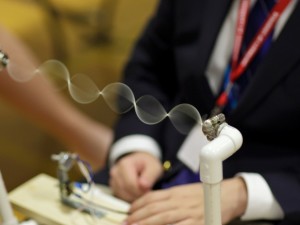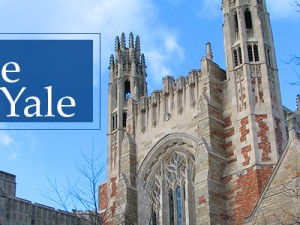
This post is intended as a recap of the article by Dr. Adele Scheele titled “Rah Rah Sis Boom Buddha: The Search for Spirituality in College.“
“Extra-curricular” is a popular term used by high school students, parents, and teachers alike. Students have heard that we need “extra-curriculars” for college applications. Extra-curriculars are viewed as being additional activities that students take on outside of school that are unrelated and unconnected to schoolwork. However, students are increasingly choosing to do more activities that support coursework. These activities are directly connected to what students are learning at school. These activities are known as “co-curricular activities.”
The term “co-curricular” is growing in popularity among students and parents alike to describe activities that utilize and contribute to skills learned in school. These activities include studying abroad, leadership training, service learning, science fairs, and many other pursuits. This is the message summarized in Dr. Scheele’s article. While the majority of the article focuses on the need for and prevalence of spirituality in college, the message is about school being more diverse and being used as a forum for ideas and activities that aren’t typically associated with schools. Dr. Scheele terms these ideas and activities as “co-curricular” as opposed to “extra-curricular” activities that are typically unrelated to school.
The article utilizes a study conducted by UCLA professors Helen and Alexander Astin as well as Jennifer Lindholm. This study is detailed in the book Cultivating The Spirit: How College Can Enhance Students’ Inner Lives. The book explains how spiritual growth is brought upon by specific educational experiences. This was discovered by the authors tracking students during their four years in college. They conducted interviews and surveyed subjects. Their results showed that students experience significant growth of both heart and mind during their time in college. Some of the questions that the students started to ask themselves included: “Who am I?,” “What are my values?,” “Do I have a mission in life?,” “What kind of person do I want to be?,” “What sort of world do I want to help to create?”
Schools currently don’t focus on student development but rather jamming as much information as possible into the heads of students. However, as students mature, they want to answer these questions. Yet, these questions are rarely, if ever, addressed in school, and the most important questions in these students’ lives are ignored in the venue where they are supposed to learn the skills to succeed. Both the article and the book make the point that school should both address and answer these questions. The solution is co-curricular activities—things that both build on school curriculum and help students answer the important questions in their lives. As stated by Dr. Scheele, during college students’ religious engagement declines. However, the quest students undertake to define their character and identity shapes the rest of their lives. This message is of paramount importance as it conveys the impact that the college years have on young people.
In summary, this article is a good reminder of what questions schools should help students answer. There are no easy solutions, but the more schools focus on students’ own personalities and characters, the more students will enjoy and benefit from school.
Source: Rah Rah Sis Boom Buddha: The Search for Spirituality in College
Photo Credit: Vince Smith | cc







